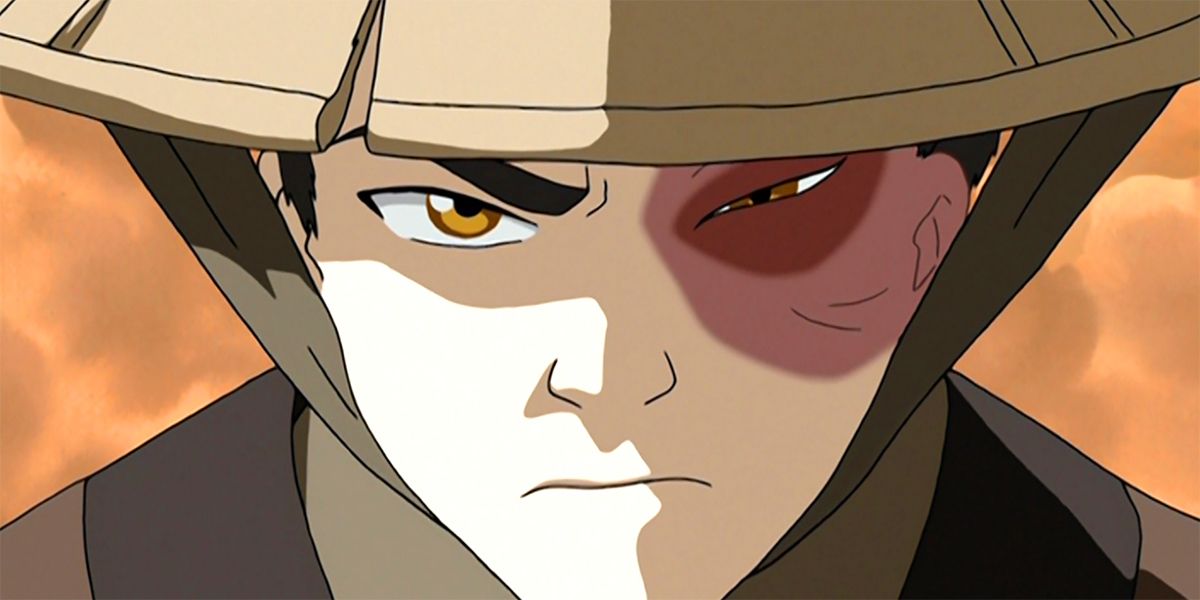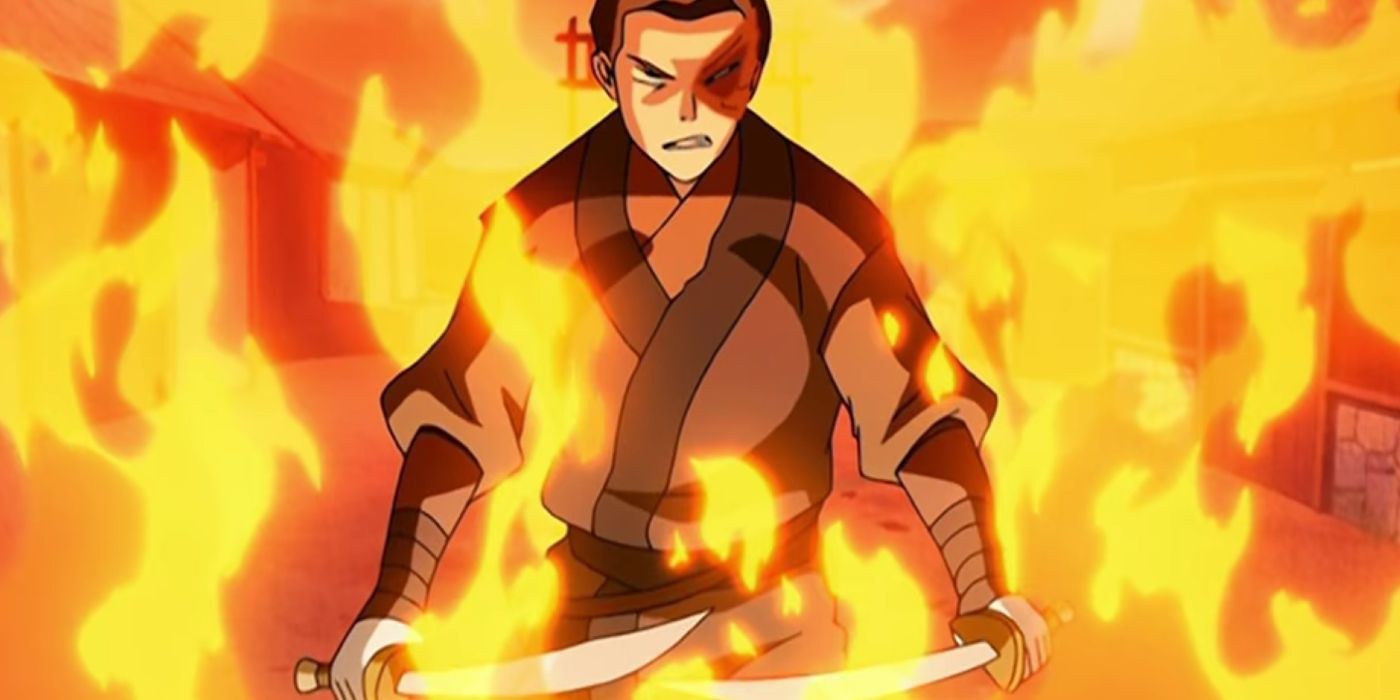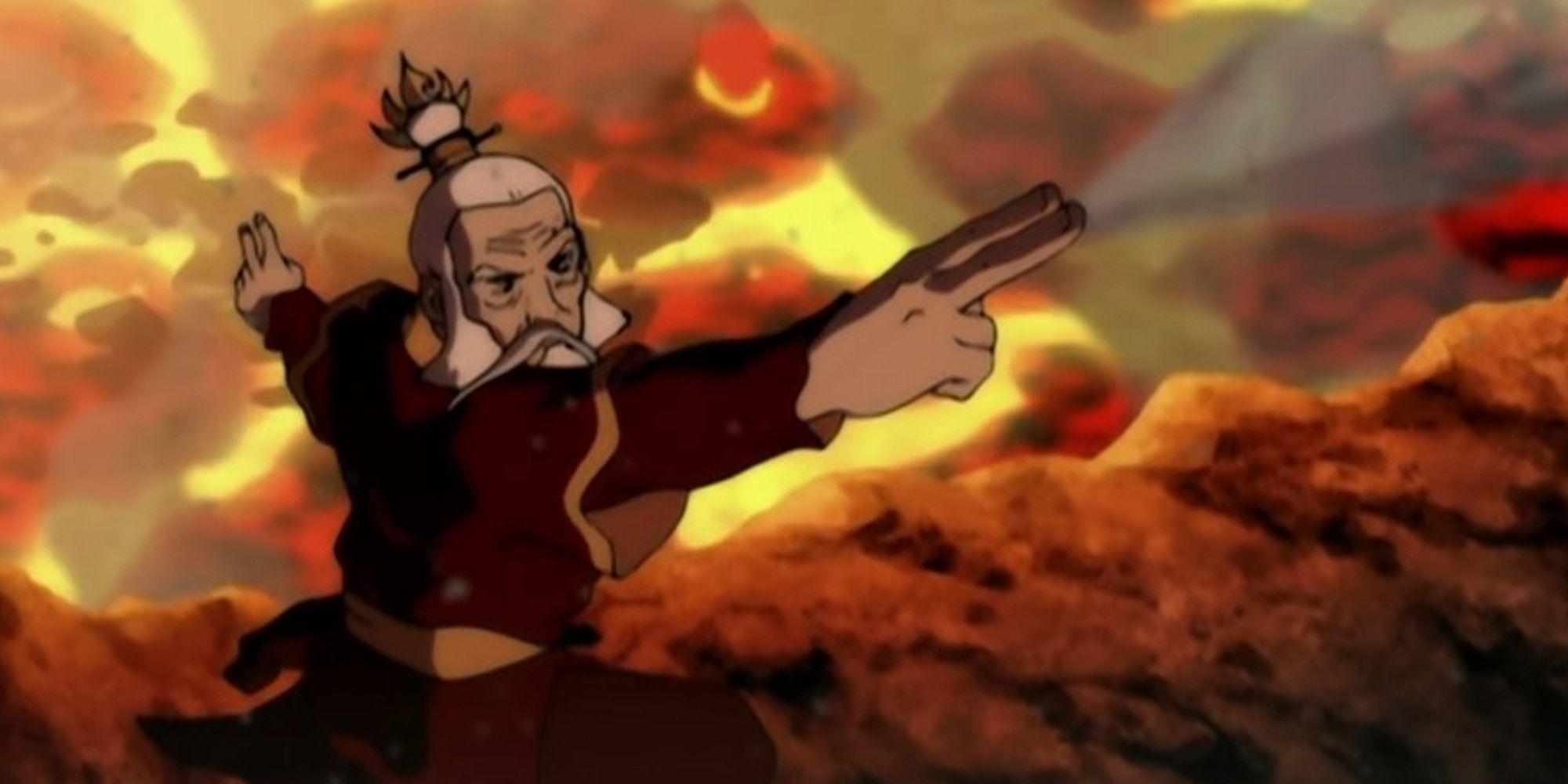There has long been an assumption that children's entertainment must feature light and innocent themes with uncomplicated storylines in order for them to be able to "handle" the content. However, there's a risk this type of programming may negatively affect children's development. A University of Virginia study led by Angeline Lillard showed that children who watched "fast-paced, fantastical" shows may become educationally handicapped.
However, there are many who believe that there's room for serious, introspective storylines in children's entertainment. In archival footage from the documentary Won't You Be My Neighbor, legendary children's show host Fred Rogers said he "didn't need to put on a funny hat, or jump through the hoop to have a relationship with the child." Film critic A.O. Scott similarly advocated for children's stories to feature "grimmer, thornier thickets of experience." While all content should remain age-appropriate, there's room to explore more complicated issues. And one show intended for children that perfectly threaded this line is Avatar: The Last Airbender.
The Last Airbender is fun in spirit but has also never shied away from exploring themes of war, genocide, refugees and abuse. Moreover, it's two highest-rated episodes (that are not part of a double-feature), "Zuko Alone" and "The Avatar and the Fire Lord," show that emotional depth, complexity and character development is what viewers want the most, regardless of age.
"Zuko Alone" occurs mid-way through the second season and sees Zuko venturing on his own into a frontier town in the Earth Kingdom plagued by abusive soldiers. The episode clearly takes inspiration from film classics such as Yojimbo and A Fistful of Dollars, but it also intercuts his experience with flashbacks to his last days with his mother Ursa. While Zuko grudgingly befriends a local boy and his family in the town, in the flashbacks, his father Ozai is ordered to kill Zuko by his grandfather as punishment for Ozai's insolence. By the end of the episode, Ursa makes a deal to preserve Zuko's life but disappears from him forever. In the present day, Zuko confronts the soldiers to save his new friend, but when he reveals himself as a firebender, he is shunned by the very people he fought to save.
The episode gives Zuko, a decidedly antagonistic character up to this point, a story that forces the audience to sympathize with his struggle. At the same time, it doesn't settle for an easy redemption story by having the town's residents reject Zuko for who he represents despite his heroic actions. In some way, this undoubtedly plants seeds of doubt in the image of Fire Nation's supremacy that he has carried his whole life, paving the way for his later redemption arc. There's nothing mindlessly entertaining in this narrative, and the gags and jokes are very few and far between.
"The Avatar and the Fire Lord" takes a different approach by providing a backstory for Avatar Roku and Fire Lord Sozin, establishing them as friends turned rivals. While Roku uses his story to teach Aang that indecision and inaction stopped him from preventing conflict, Zuko learns a far different lesson on his own. It's revealed that Zuko is actually descended from both Sozin and Roku, the latter through his mother. This revelation comes after years of his frantic pursuit for the Avatar and plays into Zuko's ongoing internal conflict between dutifully serving at his father's side or helping the Avatar to bring balance to the world.
This episode is no less emotionally engaging or provocative for the viewer. Sozin's betrayal of Roku, the moral dilemma faced by Zuko and Aang's insight on human nature are by no means easy subjects to broach, but the show still managed to pull them off with ease. Despite not being crucial to the overarching story, "The Avatar and the Fire Lord," still came out as one of the show's more well-received entries.
Both episodes, regardless of their difficult material, did not prevent the show from continuing to hold the attention of younger viewers or earn their praises. The Last Airbender's recent resurgent popularity after an almost twelve-year hiatus is further evidence of the lasting appeal of such complex and heavy themes.
Content should still remain appropriate for all ages, but this shouldn't preclude creators from featuring subjects that are typically viewed as hard to discuss. As popular shows like The Last Airbender prove, this approach is not only rewarding for young and adult viewers alike but is also very likely to be profitable for years down the line as the show's target audience matures.



